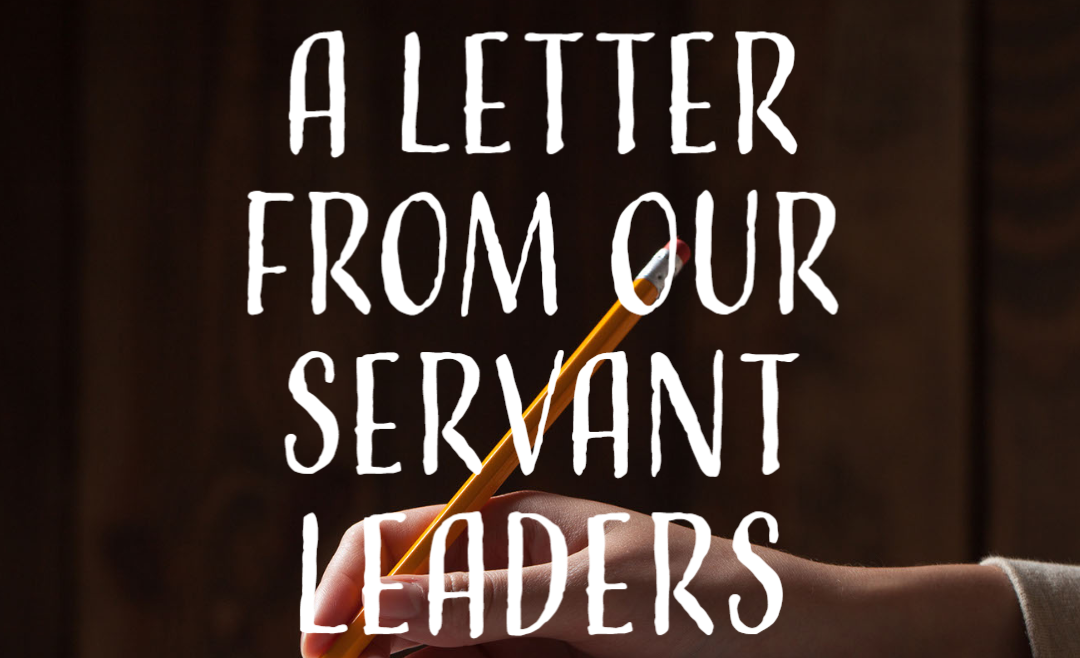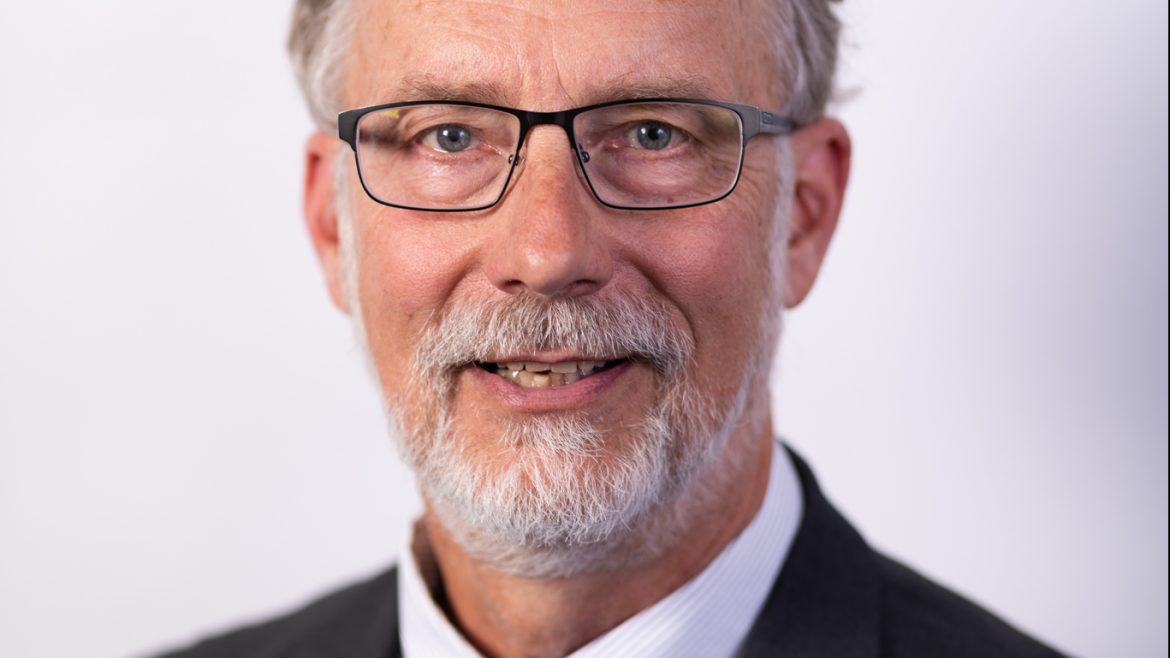During my career in business and government service we often found ourselves talking in an internal shorthand that made perfect sense to us but was usually very confusing to new members of the team, and nearly everyone outside the team. These acronyms, as they are called, are so common and confusing that many times you’ll find an ‘acronym list’ at the beginning of reports, books, or reference material so that people reading it can understand what they mean!
The use of these acronyms becomes so prevalent that oftentimes we don’t even realize we’re using them. And that is not good for clarity and understanding when we are discussing things as a Conference or a Council.
Take the term, Home Visit, for example. We all know what it means, right? Well, maybe not. A new Vincentian working in the Food Pantry or the Thrift Store may not feel they are participating in Vincentian service because they have never walked into someone’s ‘home.’ A Vincentian visiting a neighbor in need at a homeless shelter, or on the street, may wonder if they are doing ‘Home Visits.’
Interestingly, the words ‘Home Visit’ never appear in The Rule.
What does appear? The words “Personal encounters or visits.”
‘Home Visit’ has become our internal ‘code’ for the human-to-human, Christ-centered ENCOUNTERS we have with our neighbors in need. Of course we do Home Visits, it is a bedrock and foundation of that Christ-centered human ENCOUNTER. But that does not mean it is the only way we encounter and help our neighbors in need. Every encounter we have, whether it be in a home, a thrift store, a food pantry, a kitchen, a medical clinic, a classroom, or under the tree in a park, is a human-to-human Christ-centered opportunity for us to live our Vincentian vocation and grow in holiness.
Peace and God bless,
John Berry
SVdP National President



